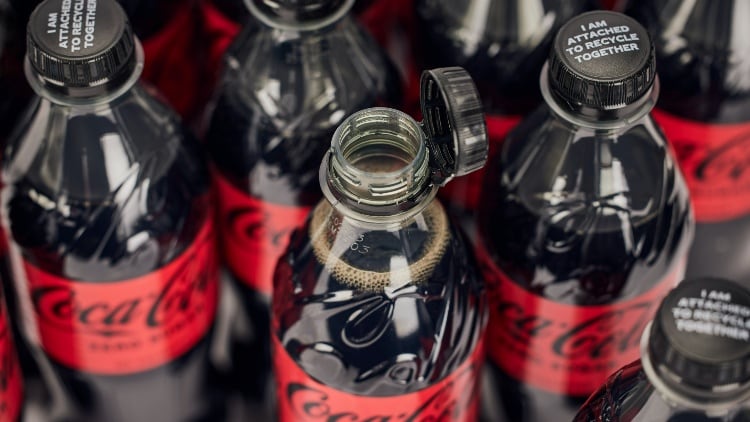Almost two-thirds of food and drink firms look to prioritise ESG compliance, but obstacles remain for many businesses.
Ingredients data source TraceGains surveyed 343 executives from food and drink companies around the world for the ‘State of ESG Compliance’ report, which was released today (3 August 2023).
While 64% of food and beverage companies surveyed acknowledged the importance of ESG compliance, only 34% said they would pay a premium to ensure standards were fully met.
The results show that almost half of the respondents prioritise doing business with ESG conscious ingredient suppliers, and 50% said they would halt development of a product if the process could not be completed in alignment with ESG objectives.
However, the report cited a lack of concrete guidelines, higher ingredient prices and limited access to automation and suitable technology as factors impacting progress.
More than 40% of respondents said they are falling short of ESG targets, while only 16% of brands use a technology-based system for selecting and validating supply chain partners. Meanwhile, 42% rely on informal processes when choosing ingredient suppliers, such as word of mouth conversations and claims made by suppliers.
“We applaud the willingness of brands and manufacturers to foster and uphold ethical and sustainable practices, and their commitment to ‘walk the talk' to prevent products from hitting the shelves that don’t align with ESG goals,” said Paul Bradley, senior director for product marketing at TraceGains.
“Our report shows that even with good intentions, actually delivering on ESG promises across the business demands unwavering dedication.”
Looking ahead, 42% of those surveyed plan to increase the amount of ESG-compliant ingredients they use during production over the next year. Moreover, more than a third said they would be willing to pay 10% more to remain compliant.
In other news, Food Manufacture gauged the industry reaction to a new University of Oxford report into the environmental impact of high meat diets.





